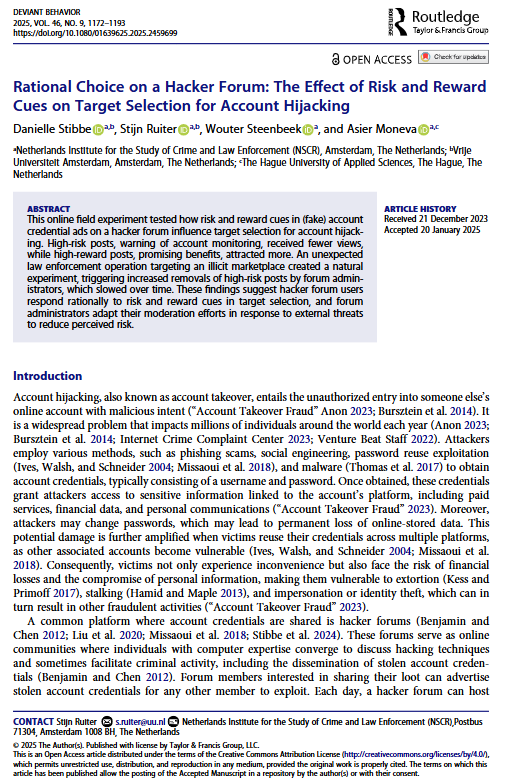United States. Department Of State.
From the document: "The United States seeks to work with allies, partners, and stakeholders across the globe to shape the design, development, governance, and use of cyberspace and digital technologies to advance economic prosperity and inclusion; enhance security and combat cybercrime; promote and protect the exercise of human rights, democracy, and the rule of the law; and address transnational challenges. The United States believes in the critical role that the responsible uses of digital technologies and interconnected networks play in empowering people, and that an open, interoperable, secure, and reliable Internet enables new solutions to global challenges. Autocratic states and other actors, however, have used cyber and digital tools to threaten international peace and stability, harm others, exert malign influence, and undermine the exercise of human rights. An innovative, rights-respecting international cyberspace and digital technology policy strategy is foundational to U.S. strategic, security, economic, and foreign policy interests. Leadership in cyberspace, the digital economy, and emerging digital technologies is central to advancing the U.S. vision set forth in the October 2022 National Security Strategy (NSS) of a 'free, open, secure, and prosperous world.' As the lead foreign policy agency for the United States, the Department of State is advancing the 2023 National Cybersecurity Strategy (NCS) and its objectives of forging international partnerships to build an open, resilient, defensible, and rights-respecting digital ecosystem."
UNITED STATES. DEPARTMENT OF STATE. 6 MAY, 2024







